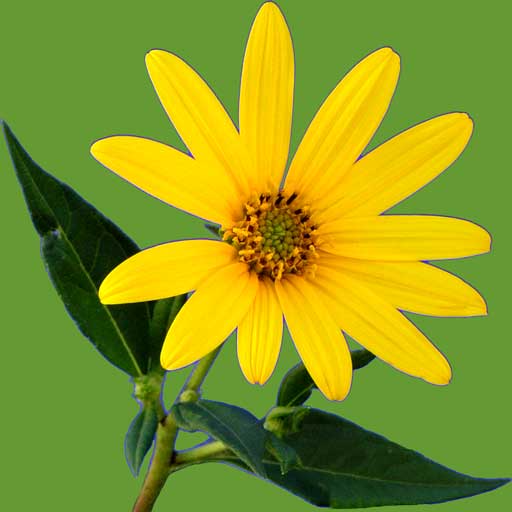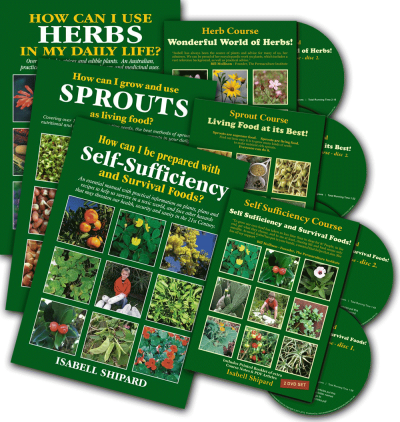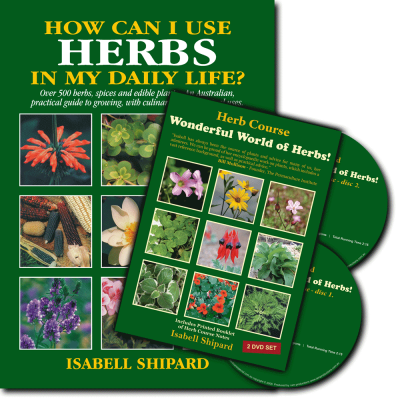Herbs are Special
Herbs relate to health. Health is precious. Without health, many components for a joy-filled and happy life are not possible. There are many definitions for the term health, or healthy life; one states that it is ‘the harmonious functioning of all organs and functions in a living body so that there is balance internally and externally’. Another, defines health as ‘a perfect balance between our spiritual, mental, emotional and physical functions’. The World Health Organisation defined health as ‘not simply being the absence of disease, but a state of perfect bodily, mental and social well-being’. Dr.T.L. Nichols, in a medical book published in 1853, wrote, ‘Health is beauty, energy, purity, holiness and happiness’.
Herbs have been an important component to life and health since the beginning of time. In the beginning, God told man he provided plants for sustenance and healing. From the dawn of recorded history, plants have been the primary source of medicine for people throughout the world. Still today, plants are the major source of medicine for millions of people worldwide.
Plants used in medicine have been referred to as ‘herbs’ for over 3000 years. Botanically, a herb is a plant, more or less soft or succulent, mostly grown from seed without developing woody tissue. However, such a definition would exclude many wonderful herbs like rosemary, chaste tree and lemon verbena, to name a few. In ‘the broad sense’, a herb can be any plant that is used by man for food, flavouring, medicine, aroma, dye, or any other use. Note, that I have included ‘foods’ as herbs. The more I research plants, whether they provide luscious fruits, nutritious root vegetables or leafy greens, I have come to see that they not only provide sustenance and nutrients, but also provide healing qualities, so… how can we separate them into two categories? For example, onions and garlic, which we buy in the supermarket along with other nutritious foods; should we call them foods, or do we call them herbs because of their valuable medicinal properties? Research has shown that these foods can lower blood pressure and cholesterol levels and also kill bacteria. Are garlic and onions medicine or food?
Scientists are discovering many other vegetables and fruits have healing properties in their constituent action, enzymes or through antioxidants of vitamins and minerals. Perhaps we need to reaffirm Hippocrate’s belief of 2,500 years ago, ‘Let food be your medicine and let medicine be your food’. Hippocrates has been referred to as ‘the father of medicine’. He taught people to observe the natural laws of the human body and its inherent trend towards self-healing, and how plants could assist. The Emperor Charlemagne (742-814) defined a herb as ‘the friend of the physician and the praise of cooks’. Or consider a modern day definition from a friend, ‘a herb is a plant to prevent and heal disease’.
Spices are also herbs, but are generally used in their dried state, are very aromatic and pungent and have served man for preserving, medicine and flavouring, with many of them being beneficial to digestion.
Many ancient herbal remedies were passed down, from generation to generation, by word of mouth. Then came the printing press and large amounts of information became available. With adventurous sea exploration, new herbs and exotic spices were discovered in the East and West.
Spices were valued as highly as gold, and acquiring them brought wars, power and wealth, which dramatically affected the history of world trade. Why would people fight wars over spices, we might ask. To us, a spice is just a spice, with a strong aroma and flavouring. A spice is something that we perhaps take for granted. However, several centuries ago, spices were discovered to be an important way to preserve meat and other foods before the days of refrigeration. The strong aroma of spices also helped to mask the smell of decaying foods. Thanks to modern day inventions and refrigeration, we do not have the same need of spices. We lost the art of using spices and herbs, and their many uses were not handed down so much by word of mouth. Then modern medicine came on the scene, with pharmaceutical companies researching plants, and synthetically producing similar constituents. And, although many drugs still contained herbal components, e.g. steroids and oral contraceptives are produced by certain types of wild yam, many chemical drugs came on the scene, which were tested and deemed to be safe. But are they safe? The thalidomide tragedy in the early 1960’s focused attention on the potential toxicity of modern drugs, but if we wish to delve deeper, we find that thalidomide was by no means the first tragedy. Check out the sulphanilamide tragedy of 1937. Over the years, I have had countless people share their accounts of side effects from drugs. I can tell of the effects of the drug Tetracycline, which was prescribed for my daughter when just a toddler, over 30 years ago, with the side effects of permanent yellow teeth, and her hesitancy to smile. This antibiotic has been dubbed, ‘the drug given to the children who now dare not smile’. The antibiotic Neomycin was found to cause irreversible deafness. Research has shown that antibiotics used during the first year of life have been linked to a major increase in the incidence of asthma later in life.
Ask your doctor, when drugs are being prescribed, what are all the side effects, short and long term. On my desk I have a rather fitting cartoon that someone recently sent me. The old lady approaches the chemist and says she would like a prescription filled. The chemist says he can’t do it. The old lady asks, “Why not?” The chemist replies, “This drug has so many side effects, you’re better off with the disease”.
… … omitted text, please see How can I use HERBS in my daily life? for full text.
Herbs are not magic, however, miracles can happen when herbs are used. A Chinese proverb says, “Nature, time and patience are the three great physicians”. A close acquaintance, coined the following thought provoking statement, ‘Disease isn’t by accident and health isn’t by accident’. If we want optimum health, we have to put effort into it (it’s like a bank account, the more we put into it, the more we get out of it). Start to invest in optimum health today. Make natural health a high priority in daily life. Don’t have the attitude of a ditty that came my way, many years ago:
People spend their health to gain their wealth, They toil, they work, they slave Then they spend their wealth to regain their health and all they get is the grave.
Life is a precious gift Our body is truly, wonderfully made, a unique complex design, to function and regenerate with purpose and order for a meaningful, dynamic and joy-filled life. Over four centuries ago, Leonardo da Vinci said, “May we ever have joy and gratitude in our hearts that the Creator of all things, in his love for us, placed the herbs in the fields for our healing”.
May your garden bring much joy, satisfaction and be a beautiful and interesting place, providing mental and physical therapy and a bountiful harvest for health and vitality. I have enjoyed sharing the rich heritage of herbs, we have all been given. Let’s pass it on.


